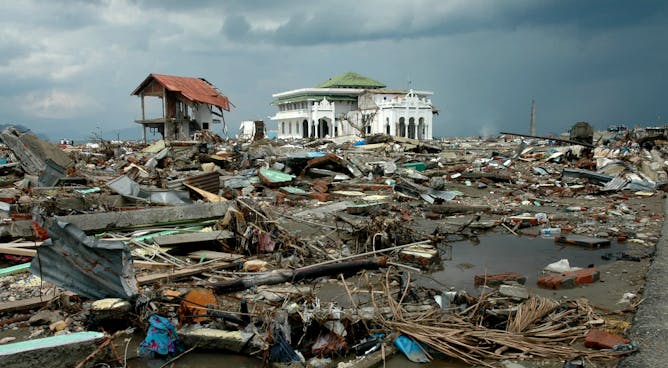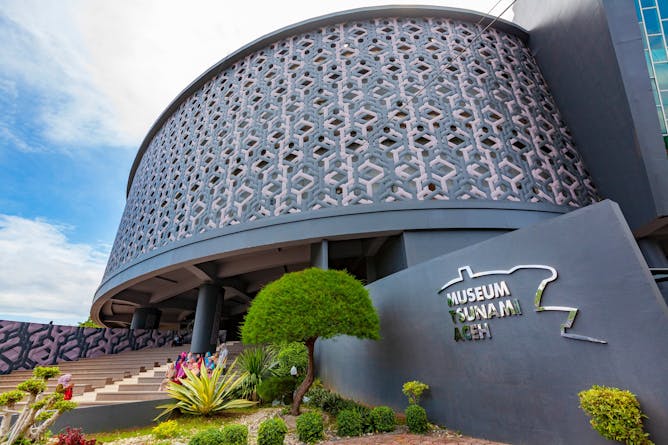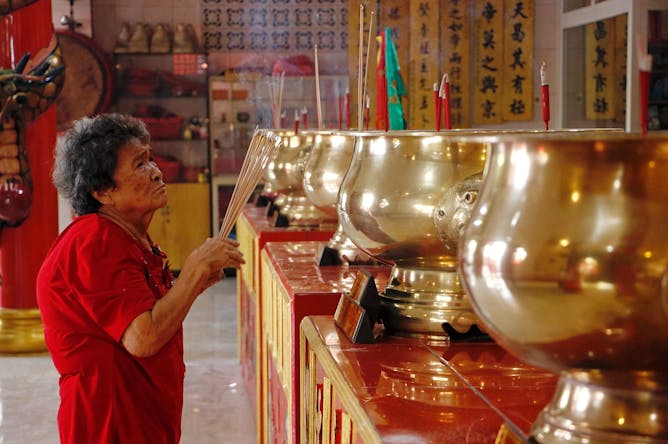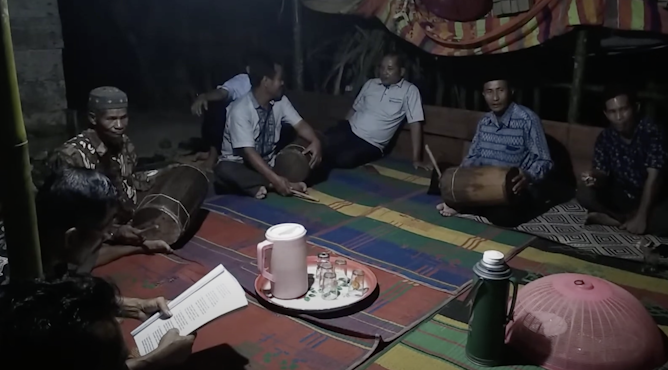|
Twenty years ago today, I woke on holiday in Scotland to news of a tsunami that had struck across the vast Indian Ocean region. By December 27, I was on the beaches of Sri Lanka reporting on the devastation that had claimed more than 220,000 lives.
Before getting on a flight to Colombo, I travelled to London to the newsroom of The Independent, where I then worked, to discuss with fellow editors the unfolding tragedy and how we would be covering it. Even at that point, it was clear that we were looking at a disaster on an unprecedented scale in modern times – with horrific loss of life. One of the questions we asked at that early point was: why had there been so little warning? Particularly when this event was triggered by an earthquake and, we thought, seismic monitoring was so well developed. Warning systems, it emerged, could be much better.
So, two decades later, how have things changed? Here, coastal engineers Ravindra Jayaratne and Tomoya Shibayama consider that, and other key matters raised by the events of December 26, 2004.
Almost half of who died were in the Indonesian region of Aceh. The Conversation’s Indonesia edition has been running a special series to mark the 20th anniversary and commemorate those lost lives and communities. Three of the articles from the series are included below.
|

Baiturrahim Mosque was one of few structures left standing in the city of Banda Aceh, Indonesia.
Frans Delian / shutterstock
Ravindra Jayaratne, University of East London; Tomoya Shibayama, Waseda University
We need early warnings, stronger seawalls, and people who know the risks.
|

EDDY H/shutterstock.
Muzayin Nazaruddin, Universitas Islam Indonesia (UII) Yogyakarta
Building monuments is one way to preserve the memory of the disaster. However, many survivors feel less connected to the monuments because they do not evoke their personal memories of the tsunami.
|

Mardili/Shutterstock
Chontida Auikool, Lund University
From armed conflict to the devastating 2004 tsunami, Aceh Chinese’s existence is almost forgotten despite having settled in the province for centuries.
|

Simelulue men gather to perform ‘nandong,’ a traditional local song.
(Jihad fii Sabilillah/Youtube)
Alfi Rahman, Universitas Syiah Kuala; Muzayin Nazaruddin, Universitas Islam Indonesia (UII) Yogyakarta
Technology and globalisation help diversify the channels for the smong narrative but also risk eroding this local wisdom – if we do not try to preserve it.
|